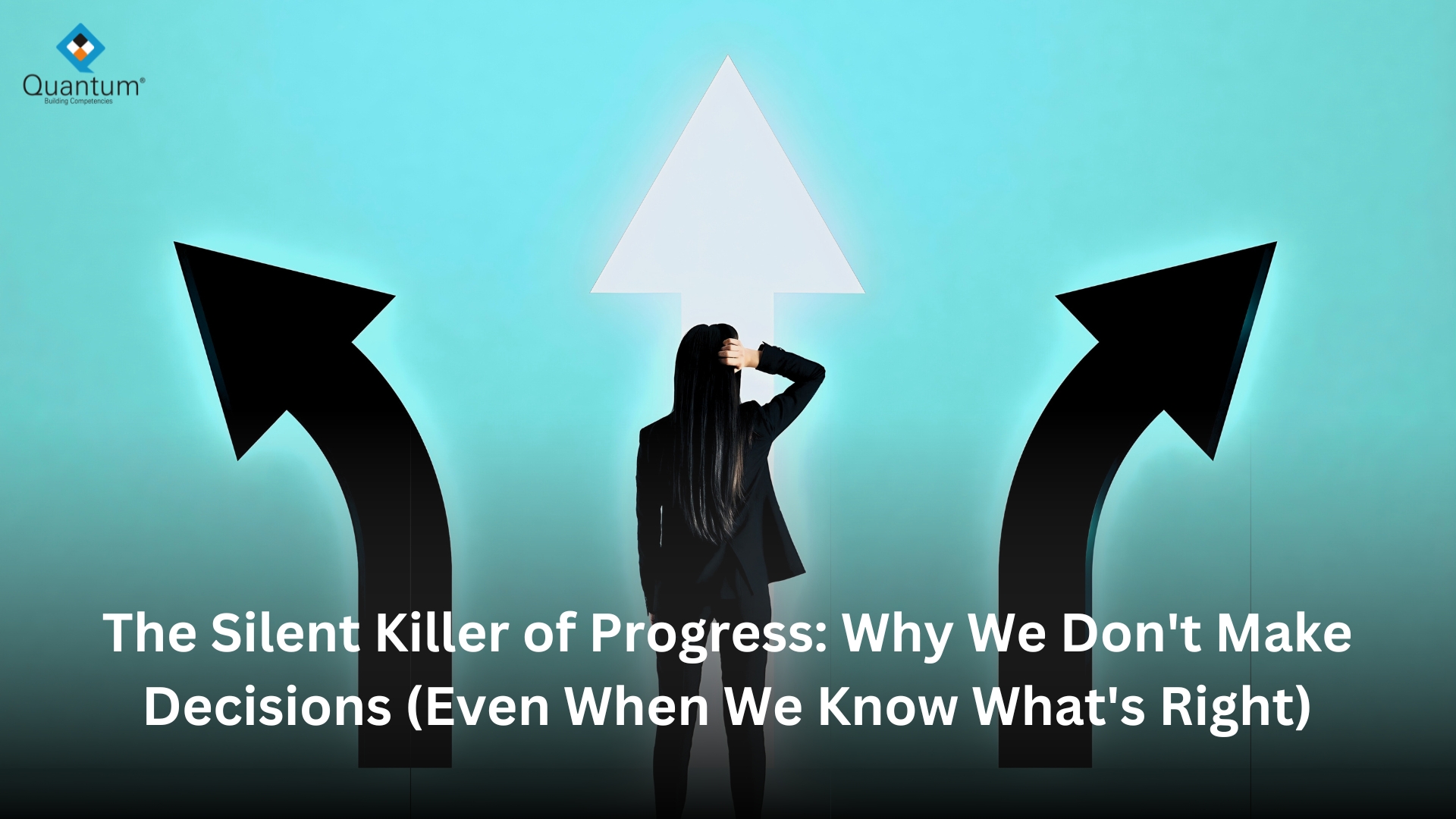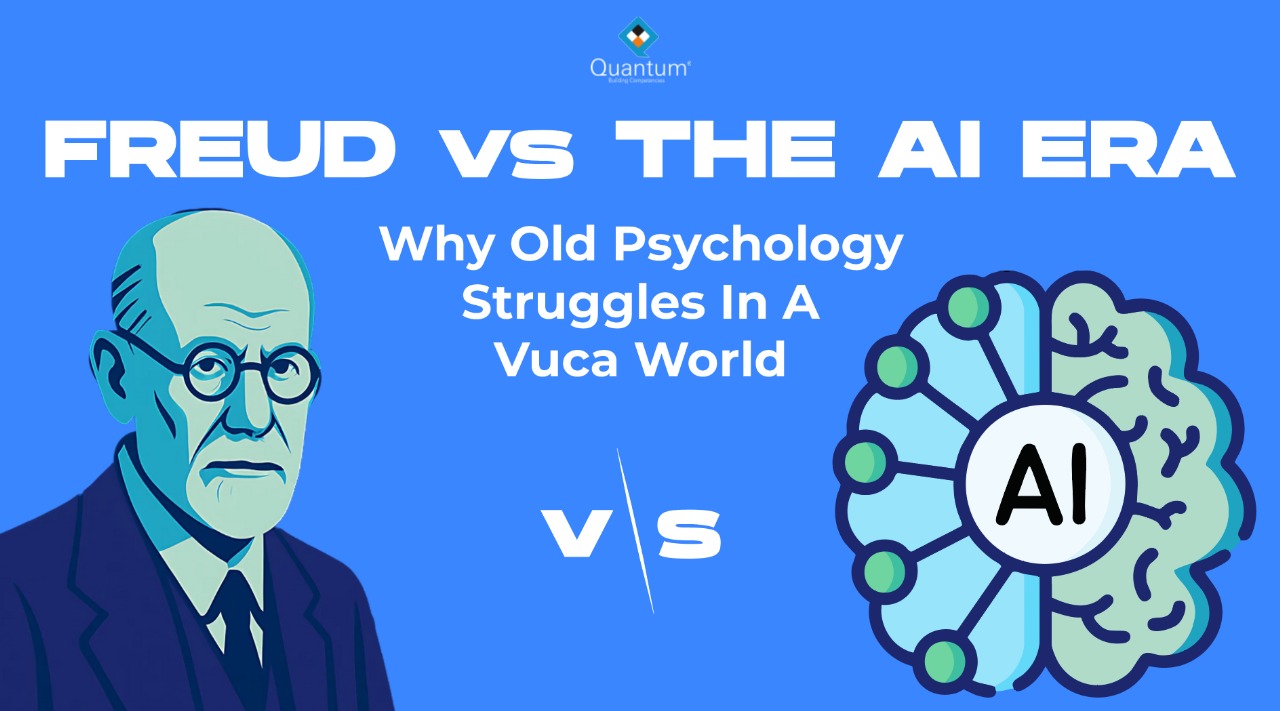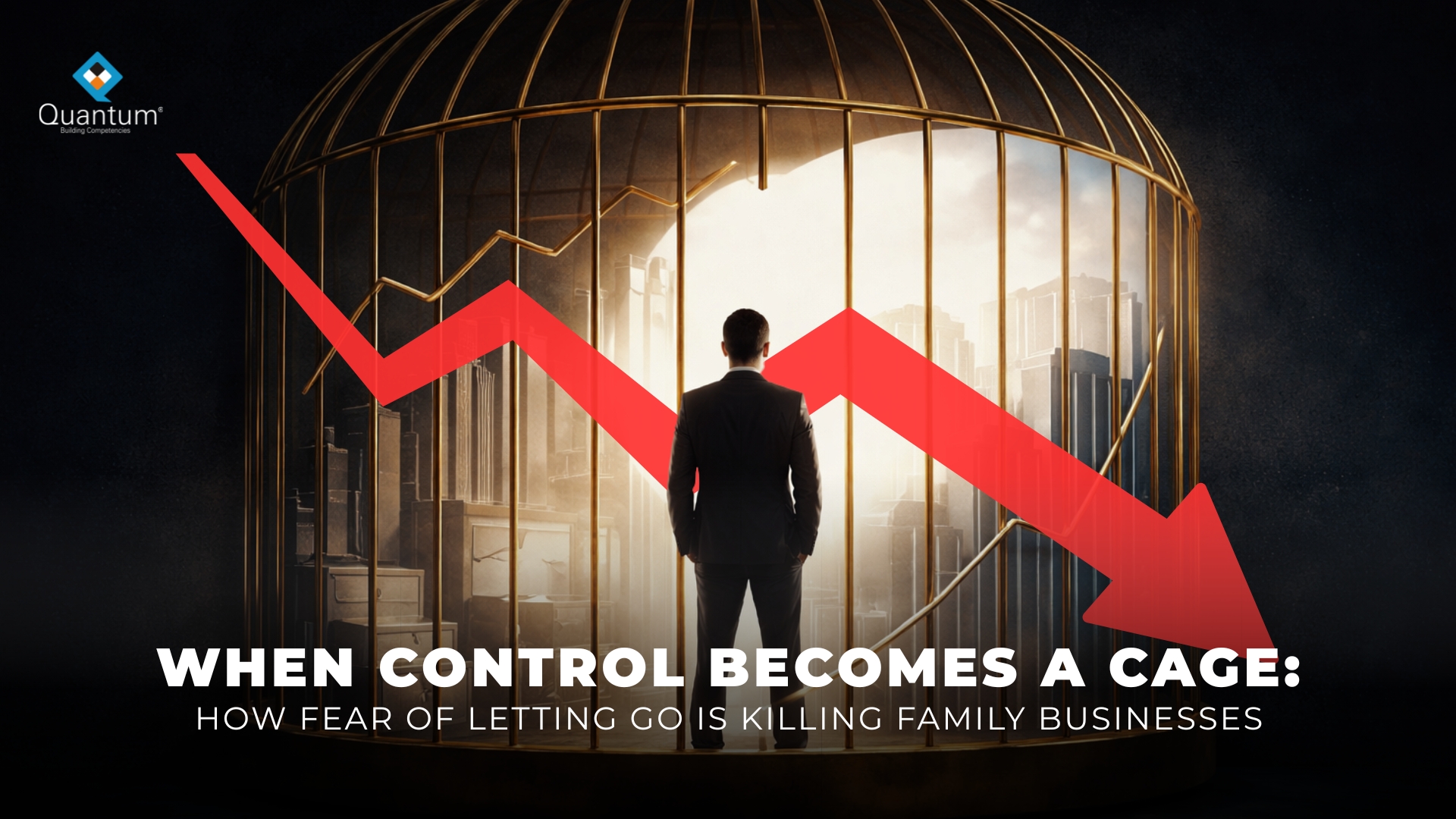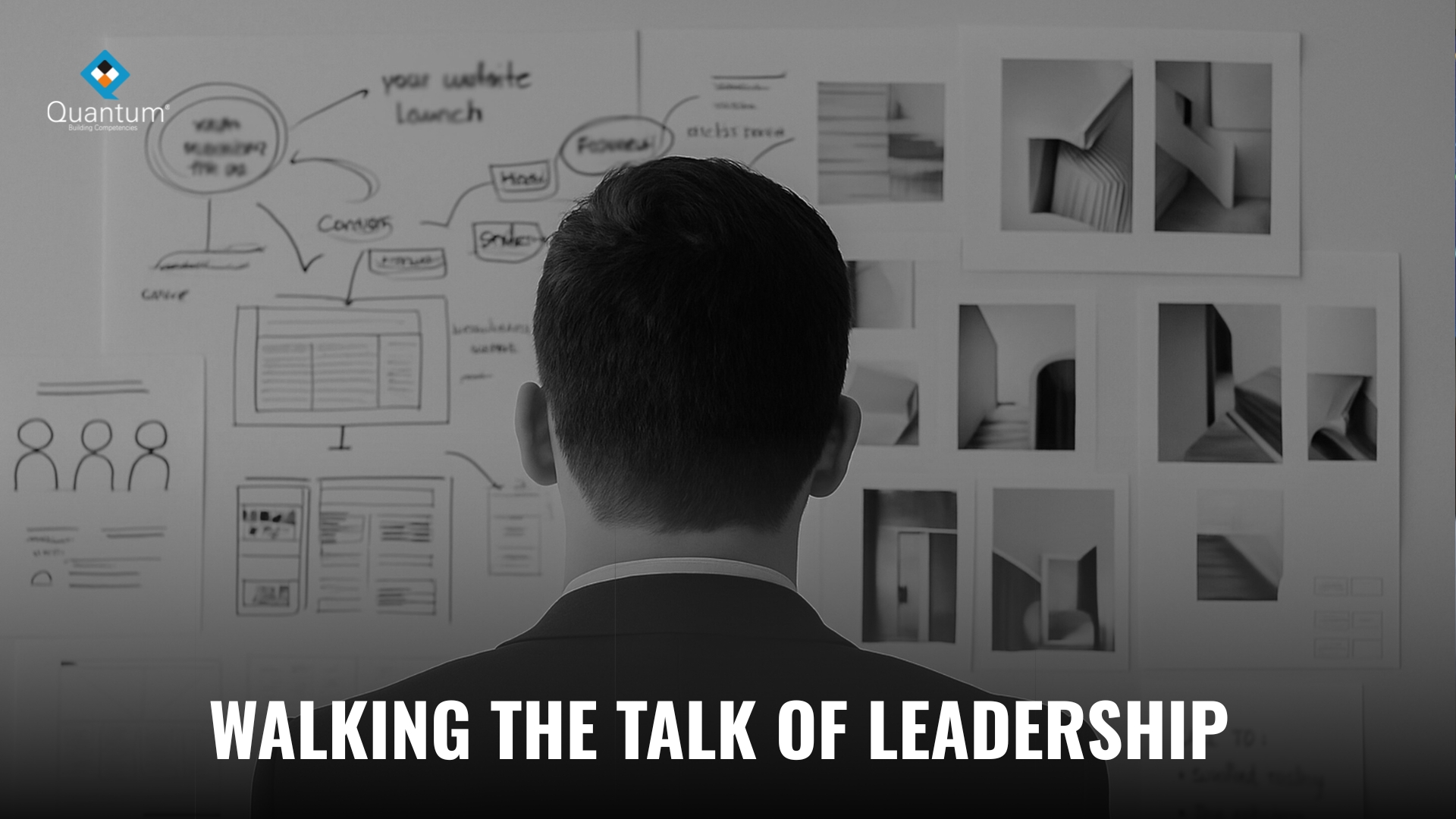
The Silent Killer of Progress: Why We Don’t Make Decisions (Even When We Know What’s Right)
The Monday Morning Meeting, Scene 1 CEO: “So, are we going to go ahead with the launch of the new

Our understanding of human behaviour was fundamentally altered by Sigmund Freud in the early 1900s. Id, Ego, and Superego, his three-part model of the mind, provided a framework for investigating the hidden forces at work in our desires, ethics, and perceptions of the world. Psychoanalysis was central to the field of psychology for many years. But today, almost a century later, we find ourselves navigating a world that Freud never could have imagine, one characterised by perpetual volatility, complexity, ambiguity, and exponential technology.
In a world where quick learning, flexibility, and survival are the keys to success, does the Freudian perspective still apply?
All of a sudden, the setting has shifted, and the rate of change has accelerated dramatically since the time when Freud’s theories first surfaced. The political, economic, and social systems in which people lived were rather constant. It would take years of therapy to investigate mental health issues. A calm, predictable world could be the perfect setting to pull apart inner tensions.
The regulations are being rewritten at least once every three months, if not every week, in Industry 4.0 due to automation, artificial intelligence, and global connection. Different kinds of work pop up all the time. Temporary abilities are more valuable than permanent ones. Now more than ever, adaptability, rather than reminiscing slowly, is essential for survival.
The Reasons Freud Doesn’t Fit
The Priority: Self-Reflection
The luxury of self-analysis is assumed by Freud’s approach. Extremely volatile, complex, and ambiguous (VUCA) environments frequently place a premium on quick thinking and decisive action. The market changes in months, not years, so workers, leaders, and economies can’t afford to halt for psychoanalytic contemplation.
Intelligent Resilience ≦ Self, Other, and Higher Selves
A great deal of behaviour is portrayed in the Freudian model as a struggle between the three aspects of identity: the id, the ego, and the superego. But with Industry 4.0, adaptability isn’t enough; you need cognitive agility, which means learning, unlearning, and relearning, in addition to mediating basic human desires and social norms.
Uncertainty Has Set In
Freud was a master of patterns, whether they were symbolic behaviours, recurrent nightmares, or slips of the tongue. Disruption breaks patterns every day in today’s environment. Intermittent inner strife is never the driving force behind human behaviour, but rather sudden, unexpected environmental shocks.
We Have All Undergone a Transformation
Compared to Freud’s patient from the early 1900s, the mind of an information-saturated, hyperconnected human is very different. In ways that classical psychoanalysis could never have anticipated, the continual stimulation of digital devices rewires attention, emotional processing, and decision-making.
An Up-to-Date “Psychology” of Life Extension
Achieving success in today’s data-rich, AI-driven economy requires less focus on balancing your Id and more on developing traits like curiosity, adaptability, and resilience. “Why do I feel this way?” is no longer the central question. I’m not sure how to get around this. How can I proceed with my education?
In this VUCA world, contemporary behavioural and psychological research depends on:
The capacity to quickly shift one’s point of view is known as cognitive flexibility.
Positivism – valuing progress above achievement.
“Emotional agility” is being aware of and able to manage one’s emotions.
Systems thinking entails being aware of how choices have knock-on consequences.
Though Not Sufficient, Freud’s Legacy Remains
If you want to know what drives people, you should read Freud. His understanding of human motivations, unconscious bias, and defensive mechanisms is still applicable in the fields of leadership, marketing, and self-improvement. But it doesn’t work anymore as a main framework for how people act in this period of constant change.
The winner in Industry 4.0 will not be the one with the greatest self-awareness in a static environment, but rather the one who can adapt to change the quickest.
One last thing
As Freud taught us, our inner lives dictate how we act in the outside world. However, in this age of volatile, uncertain, complex, and accelerating artificial intelligence (VUCA), the inverse is becoming more and more true: the external world is rapidly altering the internal worlds of humans. For success, we require systems that prioritise flexibility over fixation, evolution over discovery, and constant innovation over strict self-definition.
In this modern age, the inquiry isn’t “What does my Id desire? “I’m trying to figure out how fast I can shift tactics before the game changes again.
© Dr. Pratik P. SURANA (Ph.D.)
Quantum Group.
#FreudVsAI #VUCAWorld #AdaptabilityMatters #Industry4Point0 #FutureOfWork #AIandPsychology #DrPratikSurana #QuantumGroup #CognitiveAgility #ResilienceInAction #PsychologyEvolved #LeadershipInChange #HumanCapitalFuture

The Monday Morning Meeting, Scene 1 CEO: “So, are we going to go ahead with the launch of the new

Scene 1:The Sharma & Sons Pvt. Ltd. boardroom on Monday morning Arjun, the son, said, “Dad, I think we should

“Culture eats strategy for breakfast.” What most leaders forget is that culture eats leaders first. Peter Drucker articulated this decades
One Response
There is a quiet intimacy in your prose, as though each phrase is a gentle conversation with the reader’s mind. This fosters trust, attentiveness, and thoughtful reflection, inviting deeper engagement with both ideas and emotion.